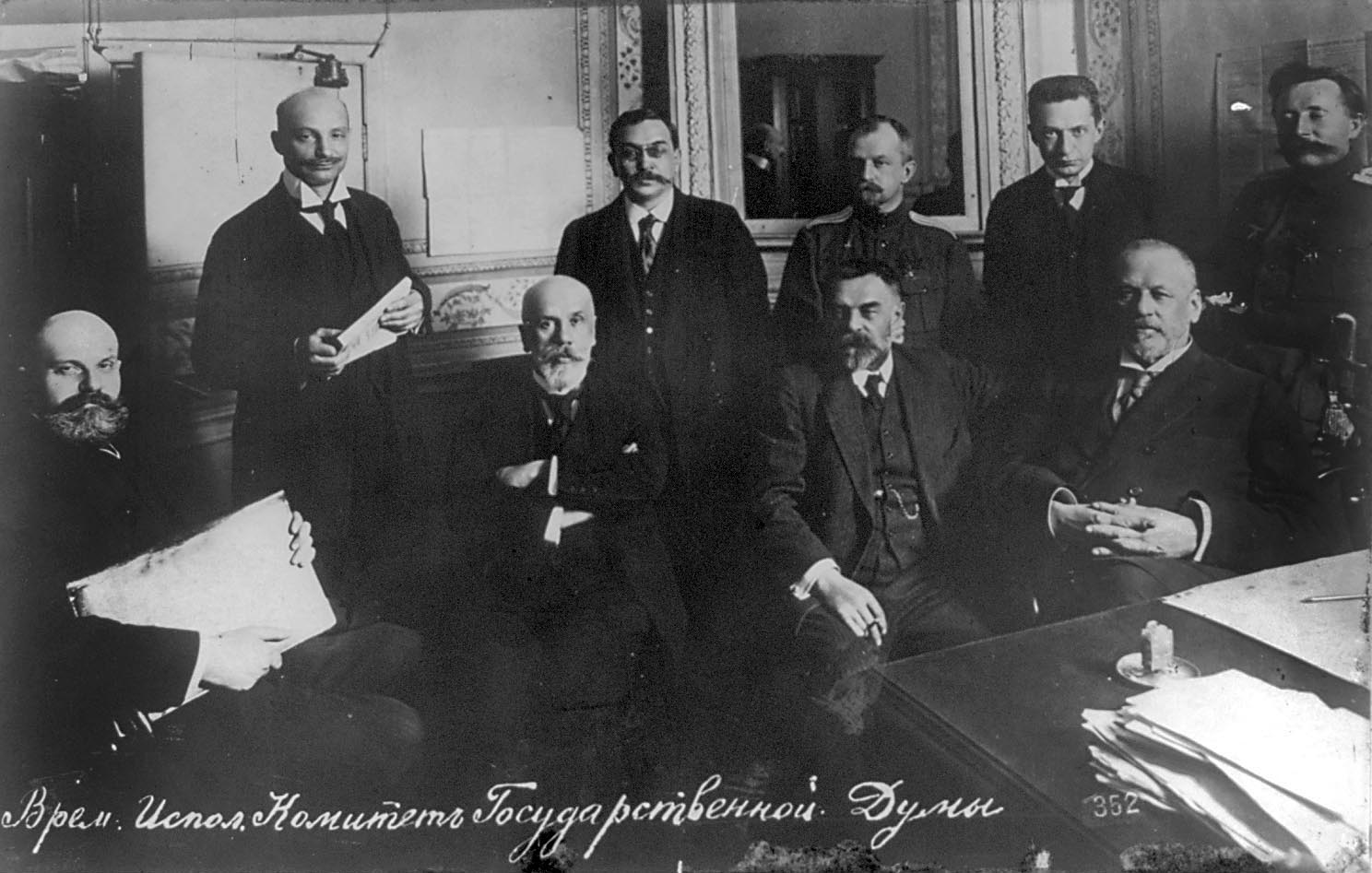The provisional government—which held office between mid-March and early November 1917—was a total failure. Russian moderates had no experience of authority. They were separated by a great cultural gulf from the lower classes. Their opportunity to rule came amid a fearful war, which they felt they had to pursue while reconstructing and democratizing the enormous and unwieldy Russian Empire.
Moreover, the Soviet held many of the instruments of power, yet refused to accept responsibility. Workers and soldiers in the capital supported the Soviet. In the provinces the new governors appointed by the provisional government had no weapon except persuasion to employ against the local peasant-elected soviets, which multiplied rapidly.
The two great issues facing the provisional government were agrarian discontent and the continuation of the war. The peasants wanted land, and they wanted it immediately. The provisional government, however, believed in acting with deliberation and according to law. It refused to sanction peasant seizures of land. Instead, it appointed a commission to collect material on which to base future agrarian legislation.
As to the war, the provisional government still unrealistically hoped that Russia might win and thus gain the territories the Allies had promised. But the Soviet subverted discipline in the armies at the front by issuing a “declaration of the rights of soldiers,” which virtually ended the authority of officers over enlisted men. Even the Bolshevik members of the Soviet, who now began to return from exile, demanded only that Russia participate in general peace negotiations, which should begin at once.

